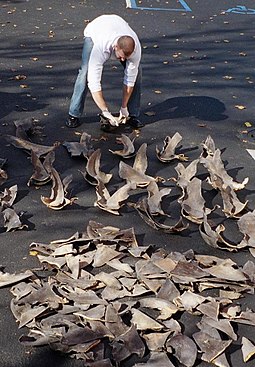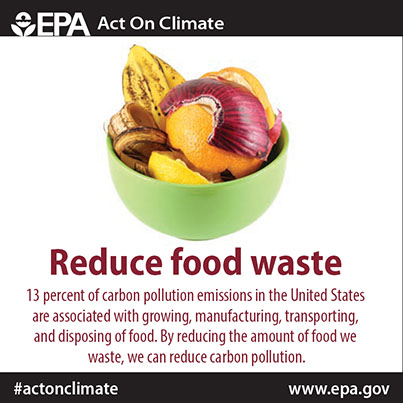yes:
I think it’s OK to eat harp seal because we don’t harm their population(talk about:4.0 – 6.4 million in the Northwest Atlantic population, 300,000 in the east Greenland population, and 1.2 million in the Barents Sea / White Sea population) and some people like to try something new so it can be a good serving,Also The government allows harvesting seals.The restaurant serves seal on special holidays and it’s located on Vancouver island, many cultures are allowed to have harp seal.Harp seal are very plentiful.
monthly yearly
approximate 3,200 400,000
no:
The Inuit takes every part of the animal/ mammal,(even the eyes) but if the restaurant just takes the meat then they’re not using every part of its nature’s food source. one time in music Ms.Con talked about this restaurant and there’s this one soup that’s called shark fin soup but what they do is, they’ll cut the fin off and throw the shark back in the water. I didn’t understand why would they do that just for the fin but they’re not using anything else other than that. Harp seals have families too, and we are treating them differently as if you are not the same as them or there are just animals/mammals, also I personally think some people don’t care about things like the climate change.
My Thinking:
I think I’m more on the no side because, If you harm their population soon scientists say that in 2045 the whole society will be into eating harp seal so that’s really bad and soon after that they might go extinct.My thinking is why do we kill harp seals when they have a family and so do we, I think if everyone stops and take a look at what we’re doing then we will be more formative to the world.
I personally think that harp seals are very cute animals/mammals because they are completely harmless and if you’ve seen them you can see how they like humans, at the same time you will like them too! “have you ever pet one before?” my friend told me. I hadn’t but you might be able to see them at the Vancouver aquarium, even though my friend said if I ever petted one in my life or your just saying that because their cute but climate change is what’s happening right now so we have to stop pollution for the cause of this planet and others.
I honor them because I don’t want harp seals to go extinct and that we will have to find another food source that we can eat. if I have the right to say this then you do too, so why won’t you stand up for this planet!



